What is Prosthodontics?
What is a Prosthodontist?
Prosthodontists are the recognized experts in treating diverse and complex dental conditions, such as multiple missing teeth, complete edentulism, TMD-jaw joint problems, worn dentition, traumatic injuries of teeth and mouth structures, congenital anomalies of teeth, sleep disorders and oral cancer defects.
Known as the architects of restorative treatments, prosthodontists work closely with general dentists and other specialists to provide predictable and viable restorative treatments of the teeth and the mouth, aiming to optimum health, function and aesthetics.
Why see a Prosthodontist?
You are concerned about the quality of your dental care.
You are seeking a specialist’s opinion.
You wish to improve your smile appearance.
Your treatment requires the comprehensive care of several dental specialists.
You need a dentist with advanced training in aesthetic restoration and teeth replacement.
You have missing teeth and/or significantly damaged or worn teeth.
You are interested in dental implant treatment.
You wear removable partial or complete dentures.
You experience any of the following: bite problems, grinding and/or clenching of the teeth, temporomandibular disorder (TMD), dry mouth, sleep apnea, cancer related oral problems.


